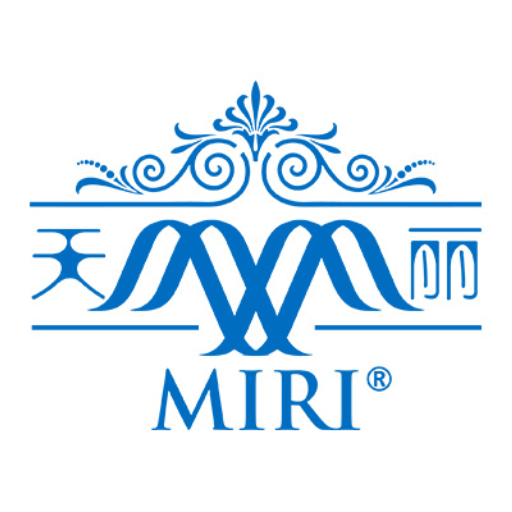Menopause: Embracing Life’s Natural Transition with Confidence and Vitality
Menopause marks a significant milestone in a woman’s life, representing the natural end of reproductive years. This transition, occurring typically between ages 45-55, is a journey filled with physical, emotional, and psychological changes that deserve understanding, care, and celebration rather than fear or stigma. Many women find themselves unprepared for this transformation, which can last several years as the body gradually adjusts to shifting hormone levels.
Understanding the different stages of menopause is essential for navigating this transition effectively. Perimenopause, the initial phase lasting several years, brings irregular menstrual cycles and the first symptoms. Menopause itself is officially diagnosed after 12 months without a period. Postmenopause follows, bringing new considerations for long-term health and wellness.
During this journey, women experience a variety of symptoms that can range from mildly inconvenient to significantly disruptive. Hot flashes and night sweats are among the most common experiences, affecting up to 75% of women. These sudden temperature fluctuations can interrupt sleep and daily activities, making them one of the most challenging aspects of the transition for many.
Sleep disturbances frequently accompany menopause, creating a cycle of fatigue and reduced daytime functioning. Many women report difficulty falling asleep, staying asleep, or not feeling rested despite adequate hours of rest. This sleep disruption can exacerbate other symptoms like mood swings and difficulty concentrating, creating a challenging cycle of symptoms.
Mood changes and emotional fluctuations are another important aspect of the menopausal experience. While not all women experience severe emotional symptoms, hormonal shifts can contribute to mood swings, irritability, anxiety, or feelings of sadness. It’s important to recognize that these changes are often directly related to the hormonal fluctuations occurring in the body rather than personal failings or emotional instability.
The importance of exercise during menopause cannot be overstated. Regular physical activity helps manage weight, improves sleep quality, reduces hot flashes, boosts mood, and strengthens bones—particularly important as estrogen decline affects bone density. Aim for at least 30 minutes of moderate exercise most days, incorporating both cardiovascular activities and strength training to address multiple aspects of menopausal health.
Dietary plays crucial role in managing menopause symptoms and supporting long-term health during this transition. A balanced diet rich in fruits, vegetables, whole grains, and lean proteins provides the foundation for wellness. Specific nutrients become particularly important: calcium and vitamin D for bone health, fiber for digestion and heart health, and plant-based phytoestrogens that may help balance hormones naturally.
For many women, natural supplements offer valuable support during menopause. Products like Miri Feminine Essence are specifically formulated to address menopause symptoms through hormone-balancing ingredients, helping to alleviate mood swings, hot flashes, and other discomforts while supporting overall female vitality. These natural approaches can provide relief with fewer side effects than pharmaceutical options for many women.
Another valuable consideration is maintaining skin, hair, and joint health as estrogen levels decline. Collagen production naturally decreases with age, and this process accelerates during menopause. Supplementing with a quality collagen protein can help maintain skin elasticity, reduce the appearance of wrinkles, strengthen hair and nails, and support joint comfort—addressing multiple concerns simultaneously during this life transition.
Self-care takes on new importance during menopause. Creating a lifestyle that prioritizes stress management, adequate sleep, nourishing nutrition, and joyful movement forms the foundation for thriving during this transition. Many women discover that menopause becomes an opportunity to refocus on their own needs and rediscover what brings them joy and fulfillment.
It’s important to remember that while menopause brings changes, it also offers new freedom from menstrual cycles, concerns about pregnancy, and new opportunities for growth and self-discovery. By understanding the changes occurring in your body and implementing supportive strategies, you can navigate this transition with grace and embrace the many positive aspects that menopause can bring.
For more comprehensive information about managing menopause through diet and lifestyle changes, check out our previous article on Holistic Solutions for Menopause: Nurturing Your Body Through Change. If you’re experiencing particularly challenging symptoms, the article on Menopause Relief: Herbal Remedies offers additional perspectives on natural approaches to symptom management.
Remember that menopause is not a disease but a natural stage of life. By approaching this transition with knowledge, self-compassion, and appropriate support, you can emerge from menopause feeling vibrant, healthy, and empowered, ready to embrace the next chapter of your life with confidence and vitality.
